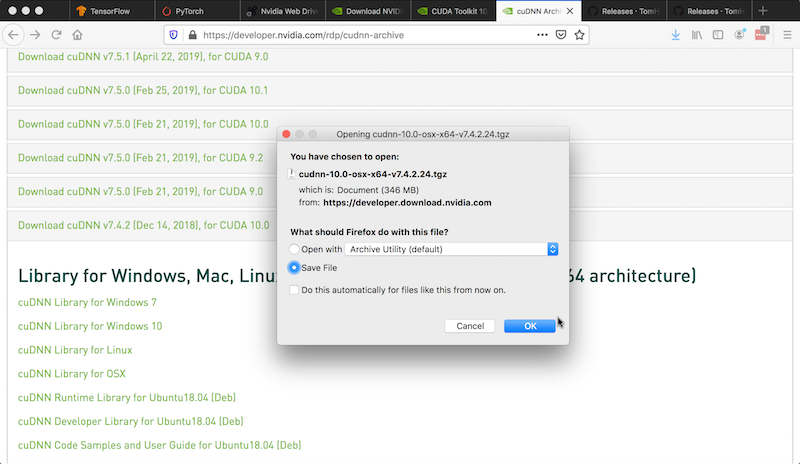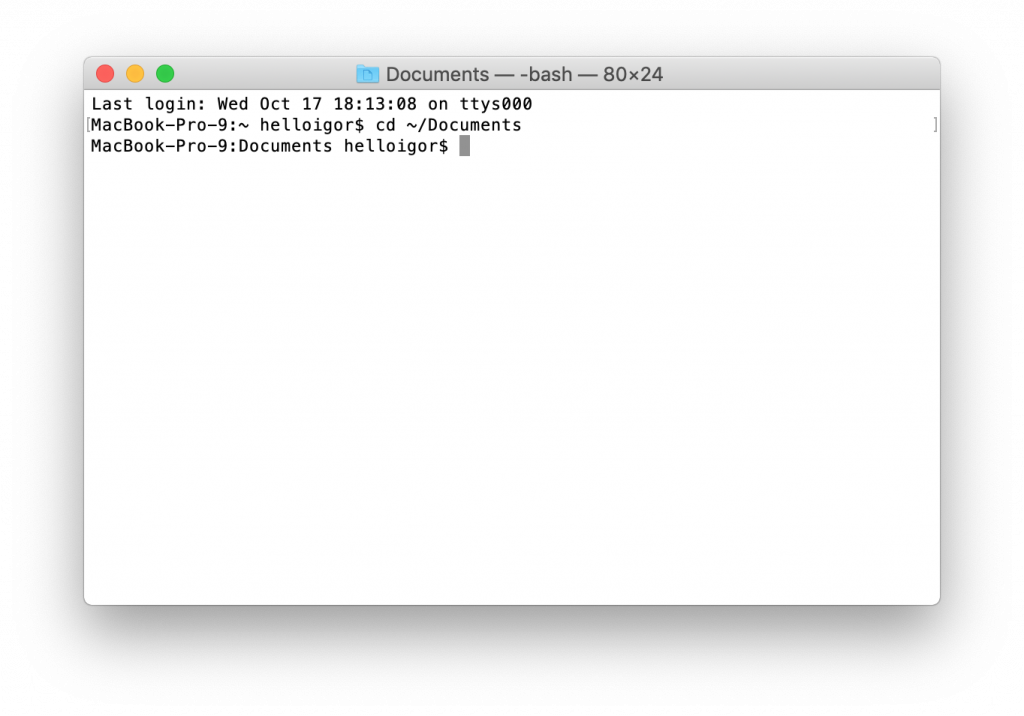

In the past, the only mitigation was to attach more disks to the new single-disk vdevs, upgrading them to mirrors this might not be so bad if you're working with a pool of mirrors in the first place. You're stuck with a pool that includes single-disk vdevs and has effectively no parity or redundancy.

ZFS device removalĪmong the most common complaints of ZFS hobbyists is that, if you bobble a command to add new disks to an existing ZFS pool, you can't undo it. This makes it impossible-even for an attacker who's got root and/or physical access on the remote system-to steal the data being backed up there. This feature, in turn, means that one could use ZFS replication to keep an untrusted remote backup system up to date.

When you've encrypted a ZFS filesystem natively, it's possible to replicate that filesystem intact to a remote ZFS pool without ever decrypting (or decompressing) the data-and without the remote system ever needing to be in possession of the key that can decrypt it. The utility of native encryption doesn't stop with better integration and ease-of-use for encrypted filesystems, though the feature also comes with raw encrypted ZFS replication. Meanwhile, encryption above the ZFS layer (GELI or LUKS volumes created on ZVOLs) makes ZFS native compression (which tends to increase both performance and usable storage space when enabled) impossible. While this approach does work, it presented difficulties-encryption (GELI or LUKS) below the ZFS layer decreases ZFS' native ability to assure data safety. Until now, ZFS users have relied on OS-provided encrypted filesystem layers either above or below ZFS. One of the most important new features in 0.8 is Native ZFS Encryption. ZFS Replication to the cloud is here-and it's fast.Bitrot and Atomic COWs: inside next-gen filesystems.New to ZFS?If you're not sure what all this ZFS fuss is about, you may want to visit some past Ars Technica ZFS coverage:
OSX EDNABLE CSRUTIL AFTER OPENZFS INSTALL CODE
From there, new code was ported relatively quickly to FreeBSD and somewhat more slowly to Linux. Historically, the majority of new OpenZFS development was done by employees working at Delphix, who in turn used Illumos as their platform of choice.

The last few months have been extremely busy for ZFS on Linux-and by extension, the entire OpenZFS project. In even better news for BSD fans, the porting efforts necessary will be adopted into the main codebase of ZFS on Linux itself, with PRs being merged from FreeBSD's new ZoL fork as work progresses. FreeBSD did so by rebasing its own OpenZFS codebase on ZFS on Linux rather than Illumos. In November, the FreeBSD project announced its acknowledgment of the new de facto primacy of Linux as the flagship development platform for OpenZFS. That aforementioned Linux migration added Delphix's impressive array of OpenZFS developers to the large contingent already working on ZFS on Linux. Users of other Linux distributions can find instructions for building packages directly from master at. Debian has 0.8.0 in its experimental repo, Arch Linux has 0.8.1 in its zfs-dkms AUR package, and Gentoo has 0.8.1 in testing at sys-fs/zfs. We can hope that Ubuntu 20.04 LTS (which has yet to be named) will incorporate the 0.8.x branch, but there's no official word so far if you're running Ubuntu 18.04 (or later) and absolutely cannot wait, the widely-used Jonathon F PPA has 0.8.1 available. Unfortunately for Ubuntu fans, these new features won't show up in Canonical's repositories for quite some time-October 2019's forthcoming interim release, Eoan Ermine, is still showing 0.7.12 in its repos. (Note that ZoL 0.8.1 was released last week, but since ZFS on Linux follows semantic versioning, it's a bugfix release only.)
OSX EDNABLE CSRUTIL AFTER OPENZFS INSTALL FULL
They came after Delphix announced that it was migrating its own product to Linux back in March 2018. We'll go over some of the most exciting May features (like ZFS native encryption) here today.įor the full list-including both new features and performance improvements not covered here-you can visit the ZoL 0.8.0 release on Github. ZFS on Linux 0.8 (ZoL) brought tons of new features and performance improvements when it was released on May 23.


 0 kommentar(er)
0 kommentar(er)
